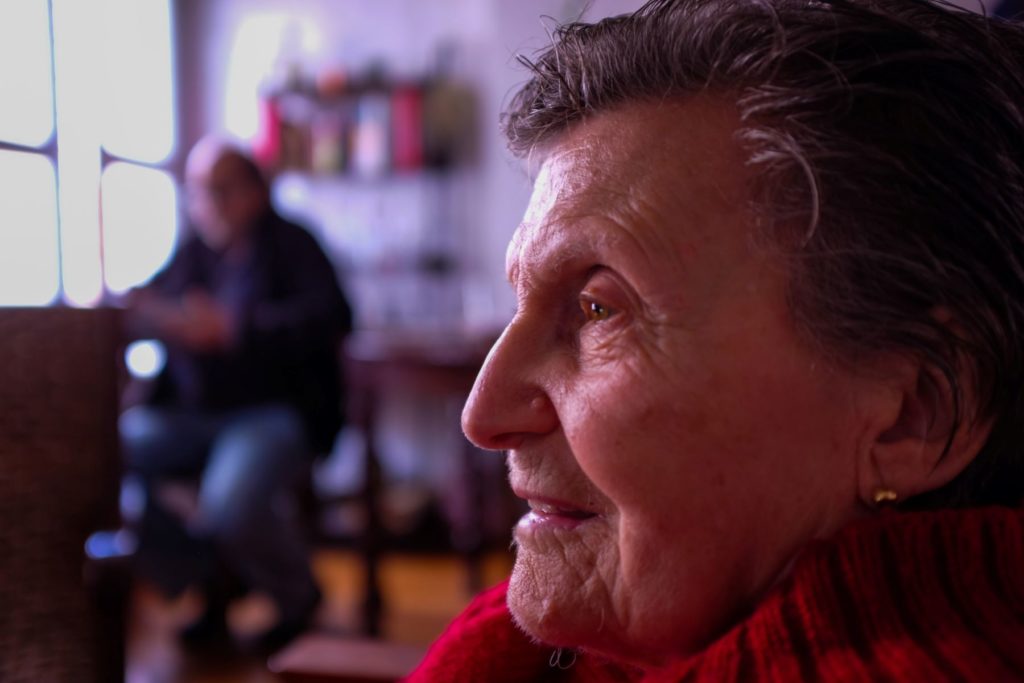Some changes that come with aging can may make PTSD symptoms more noticeable. Life changes such as no longer spending long hours at work. Alcohol or drugs, no longer working to help you avoid thinking about the trauma. Changes in ability to exercise. Changes in friendships with supportive peers, can occur. It may be more difficult to maintain friendships as you get older and your friends life circumstances change.
Here are some examples of how aging can affect PTSD:
Life Review: As we age we spend more time looking back over the course of our life, and unwanted memories that had been forgotten or purposefully kept out of mind may return.
Retirement: More time without a focus may not be experienced as quality time, but as a time when unpleasant memories may surface more often.
Loss: The death of a spouse, partner, or friend can mean losing an important source of support. It can also mean a period of more emotions. It may also exacerbate PTSD.
Physical ability: Because a loss of physical strength often comes with age, safety may become more of an issue if you believe you can’t protect yourself.
Change in living circumstances: Moving to a new home, downsizing or changes in a daily routine may give a sense that you are unsafe
Increased screen time: When attending work on a daily basis has finished people can be watching more television than they used to. Media may cause re-experiencing of memories of past traumas.
Medical problems: Hospital stays, chronic illness, can lead to feeling physically weaker and more vulnerable. PTSD symptoms may increase. There is research linking PTSD to hypertension and cardiovascular disease, getting treatment for PTSD is an important part of managing health as you age.
Evidence based treatments such as Cognitive Processing Therapy can help people of all ages make changes to their PTSD.



